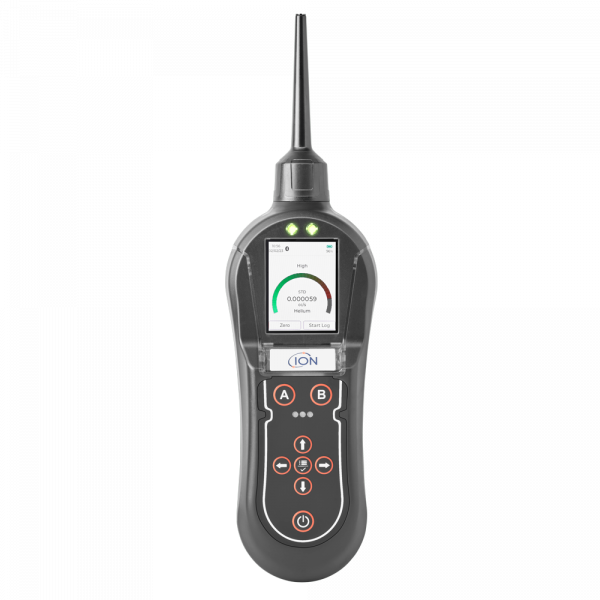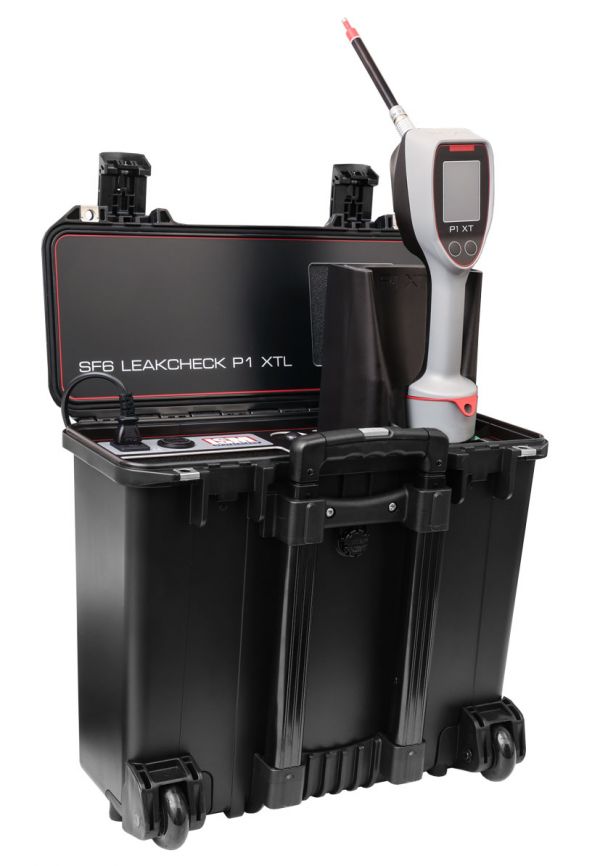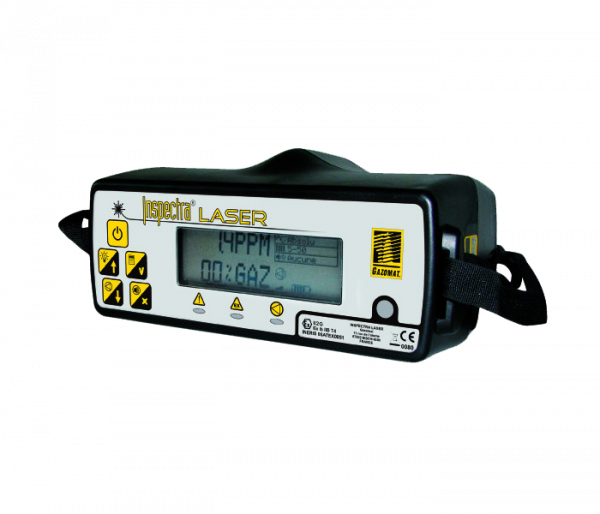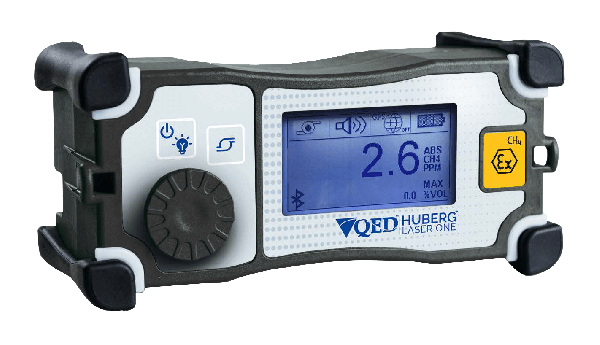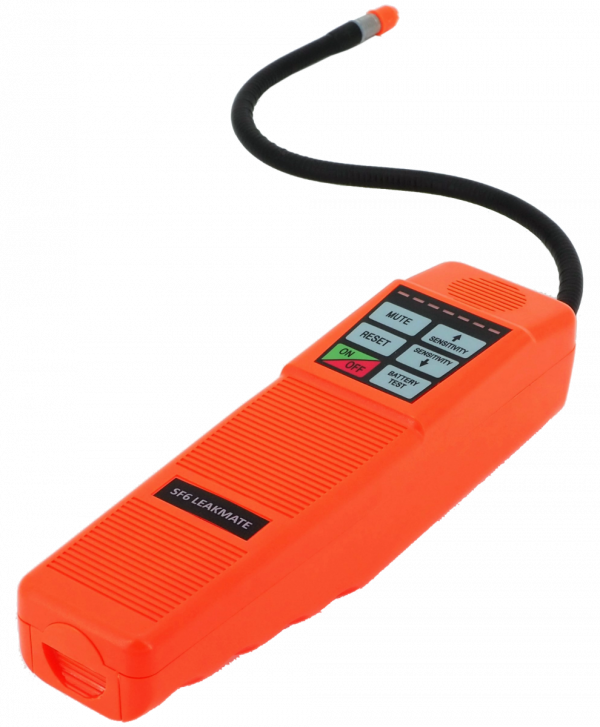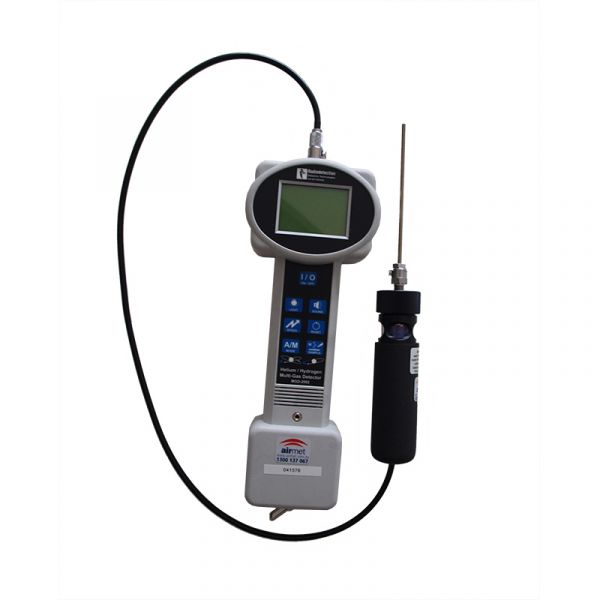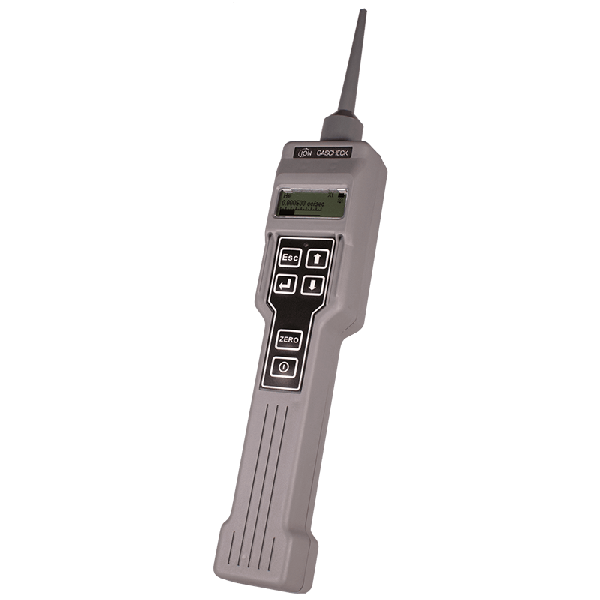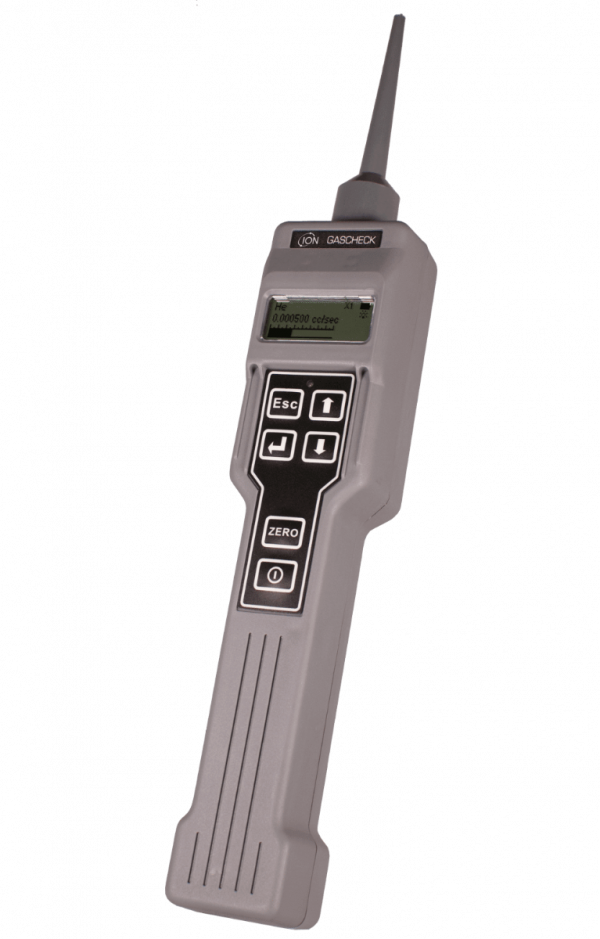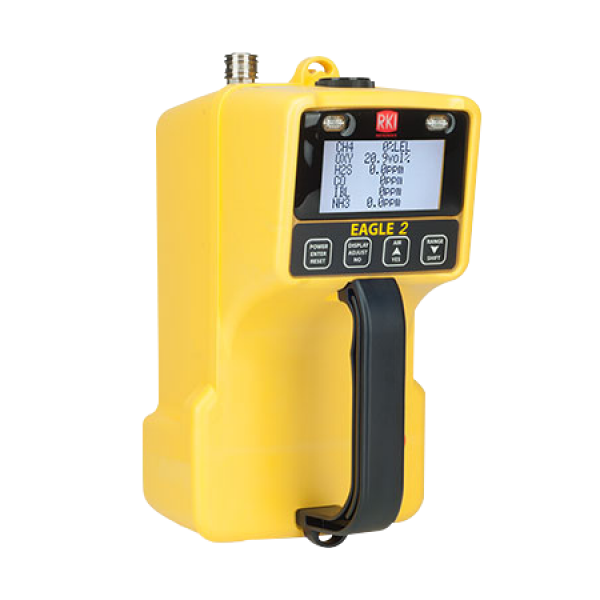Air-Met Scientific have a range of portable gas leak detectors available for rental from leading brands such as Ion Science. Contact your local Air-Met Scientific Rental office to discuss your gas leak detection requirements or for product availability. Air-Met Scientific have rental offices across Australia in most major cities including Melbourne, Sydney, Brisbane, Mackay, Perth and Adelaide.
Calibration requirements and schedule depend on the type of gas leak detector. Most of the time, the instrument operation manual will specify how often the leak detector should be calibrated and the method of calibration that should be used. Often, manufacturers recommend that their instruments should be calibrated by certified facilities every 12 months.
Air-Met Scientific offers standard and NATA accredited calibration services for a range of portable gas detectors include gas leak detectors. Contact us today to learn more.
To ensure that gas leak detectors are performing optimally they require routine care, cleaning and maintenance. The instrument operation manual will generally specify how to clean and maintain the instrument and provide a recommended interval for service and calibration. Air-Met Scientific service a wide range of gas detectors including portable gas leak detectors and methane leak detectors. Contact your local Air-Met Scientific or book a service today.
Methane and natural gas leak detectors are used to identify and locate leaks of methane gas or natural gas.
Due to the abundance, affordability and efficient combustion of methane and natural gas, these are commonly used as a fuel source for manufacturing. Because methane and natural gas are so highly flammable, gas leak detectors play a crucial role in ensuring safety, preventing environmental damage, and minimising the risk of explosions or fires associated with gas leaks.
When choosing a gas leak detector to suit your needs there are several factors that should be considered, including but not limited to:
- Sensitivity – the higher the sensitivity of a gas leak detector, the smaller the leaks that the instrument can detect. Since leak detectors come with a range of sensor types, ensure you select one that monitors the specific gas of concern.
- Portability – most leak detectors are designed to be highly portable but they do come in a range of sizes. For example, the Ion Science Panther weighs 0.447kg, whereas the Inspectra Laser Portable Leak Detector weighs 2.7kg (with batteries). Portability is an important factor to consider if the detector is going to be frequently moved from place to place.
- Alarm types – many portable gas leak detectors come with in-built audio and visual alarms to alert workers to immediate dangers. If the alarm is required to be heard from a distance, then loudness and clarity of the alarm are also important considerations.
- Data logging – allows records to be stored which can be analysed at a later date and used to show compliance with relevant laws and regulations.
Other factors to consider include ease of use, maintenance requirements, cost, durability and remote monitoring requirements. Contact your local Air-Met Scientific today to discuss how we can help you meet your gas leak detection needs.

